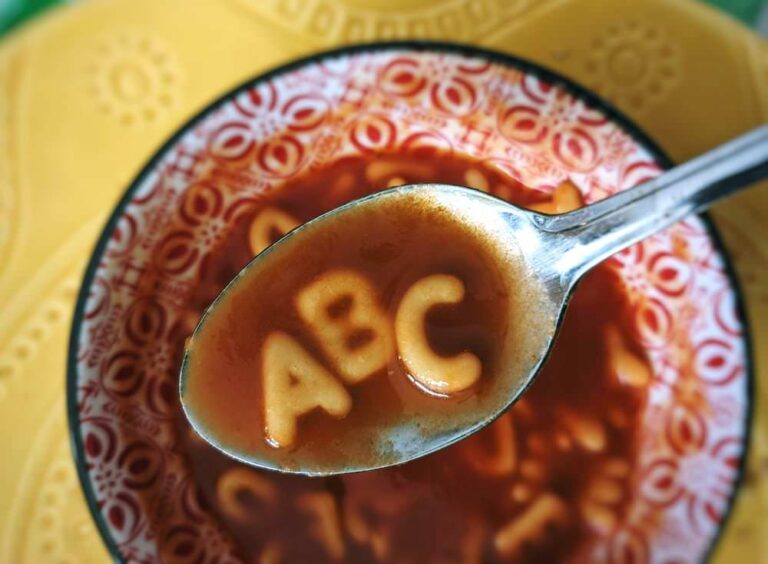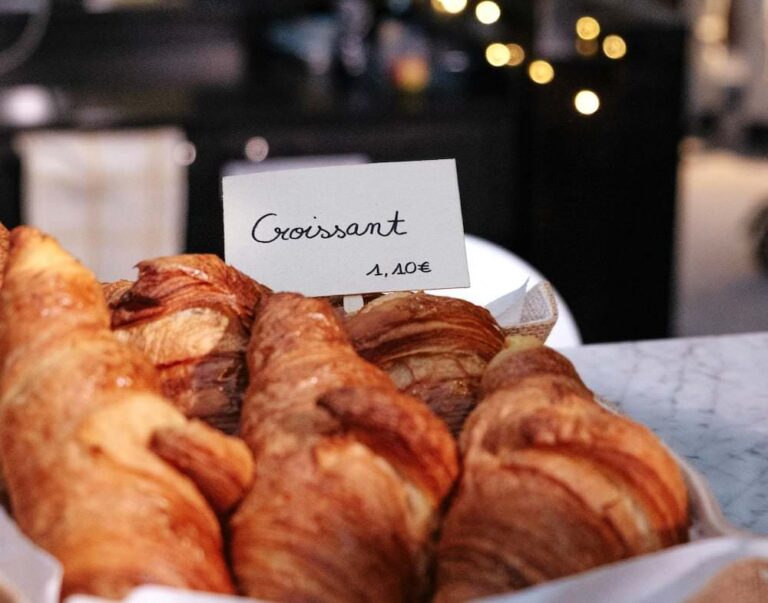starboard & port
In French, tribord and bâbord are the nautical terms for “starboard” and “port.” These words are used to describe the right and left sides of a ship when facing forward.
Meanings and Usage
- Tribord (starboard in English) refers to the right side of a vessel when looking forward.
- Example: Le gouvernail est à tribord. (The rudder is on the starboard side.)
- Bâbord (port in English) refers to the left side of a vessel when looking forward.
- Example: Les passagers doivent embarquer par bâbord. (Passengers must board on the port side.)
Etymology
- Tribord comes from the Dutch stuurboord, meaning “steering side,” as ships were traditionally steered from the right.
- Bâbord comes from the Dutch bakboord, meaning “back side” or “opposite side of the rudder.”
Contrast with English
In English, “starboard” and “port” serve the same function, but the origins differ slightly:
- “Starboard” also comes from Old Norse and Old English, referring to the steering side of a ship.
- “Port” replaced the older term “larboard” to avoid confusion, as “larboard” sounded too similar to “starboard.”






